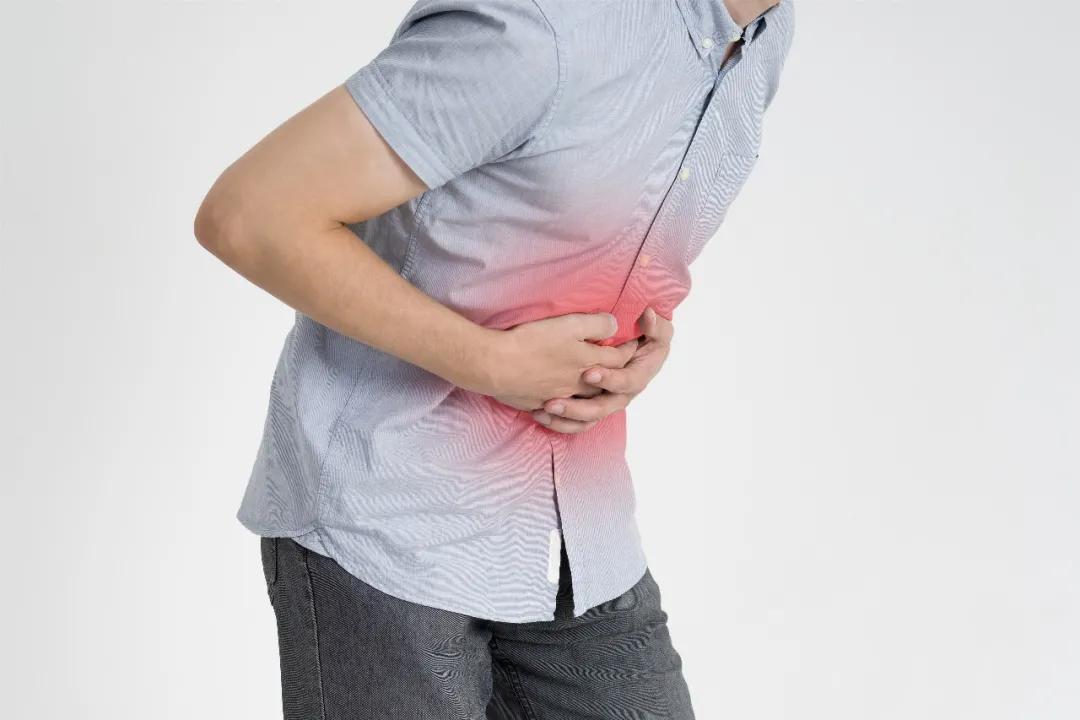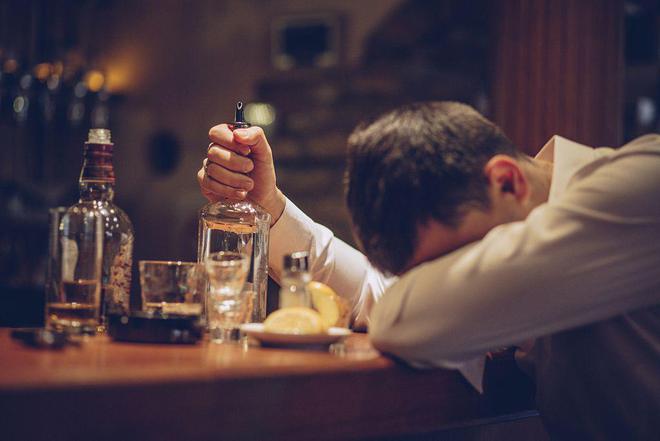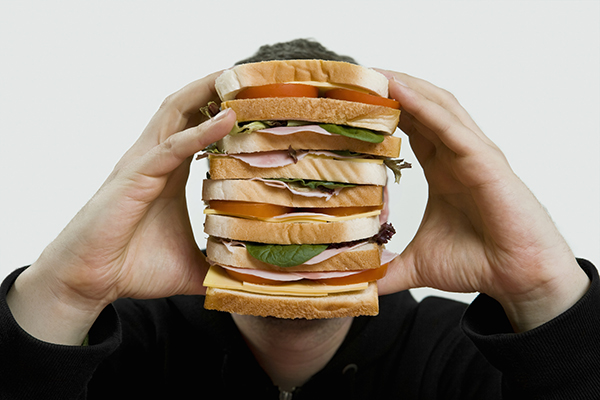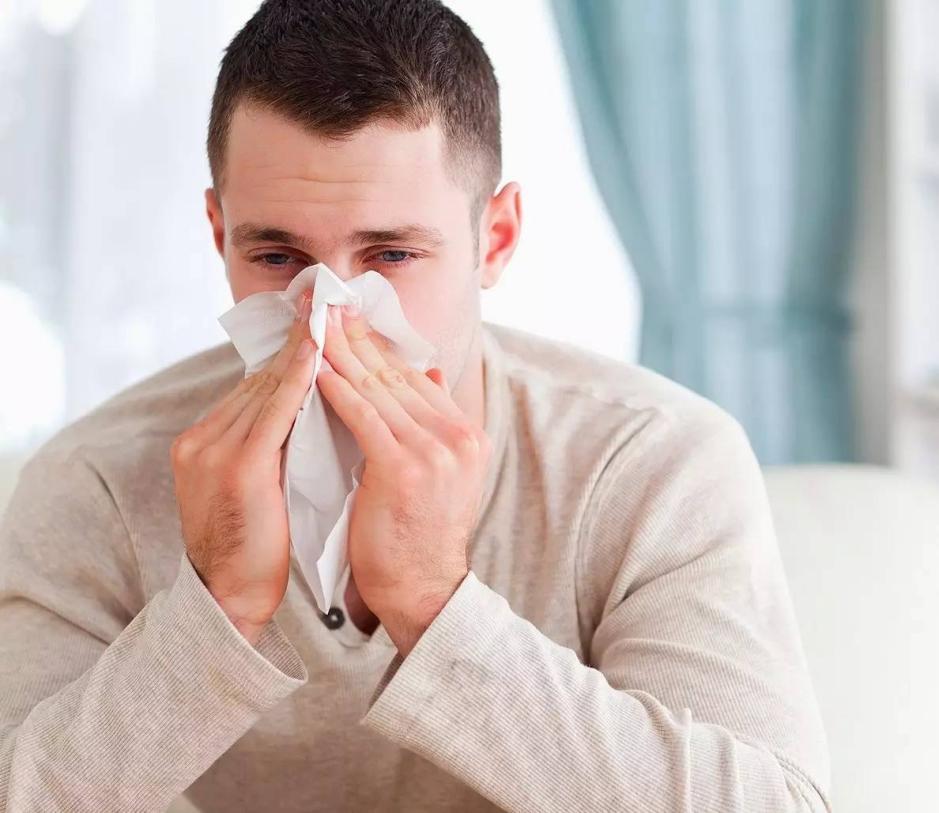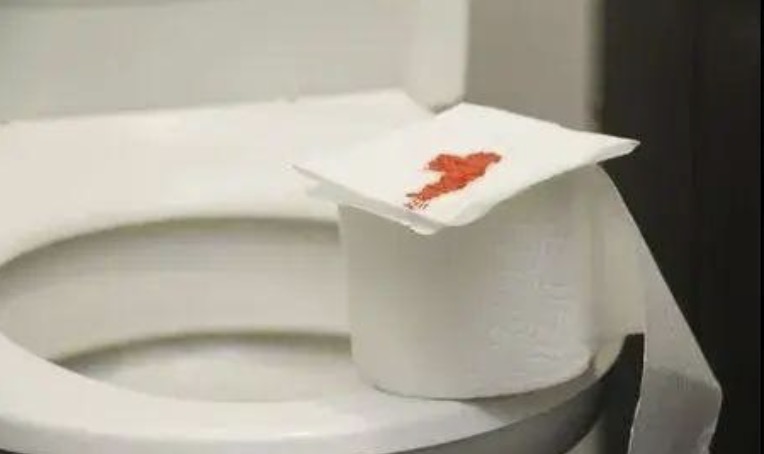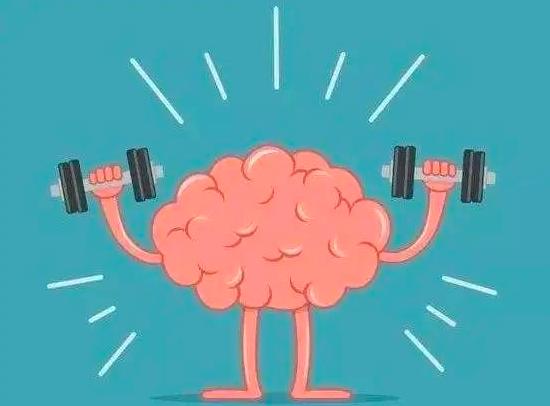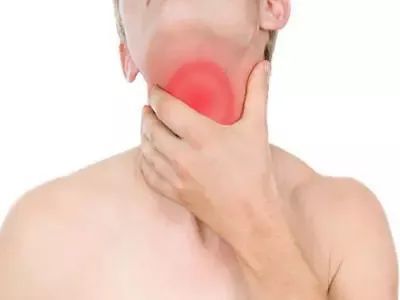Can you get a prolapsed stomach from exercising after a meal?" I'm afraid this question is like one of those urban legends that circulate so widely that it makes people suspicious at first hearing. But is there any reason to worry? The stomach after a meal is like a big balloon that has just been filled with water. If at this time, we jump like a monkey, or like an athlete to carry out strenuous exercise, it seems very easy to make people think that the stomach will be inside the food "fall" deformed, thus triggering gastroptosis. But this is just a widely spread rumour.
In reality, the stomach is not as fragile as we think. It is like an elastic bag with strong toughness and contraction. Even if we carry out a moderate amount of activity after meals, the stomach can also be well adapted and adjusted, and will not because of exercise easily "fall" down. Moreover, scientists have proved through a series of experiments and studies that moderate exercise after meals does not lead to gastroptosis. On the contrary, moderate activity also helps to promote digestion and improve the body's metabolism.

Rumours are like whispers circulating among people, like the statement that "moving right after a meal can cause a prolapsed stomach", which may sound reasonable but is a misunderstanding. Our internal organs are carefully placed on an internal stage, and they don't exist in isolation. Instead, they are tightly connected and anchored by structures such as muscles, ligaments and fascia. These structures act as ropes and supports on the stage, making sure that each internal organ is where it should be. Although these organs have some range of motion, they are very difficult to move violently, as if they were controlled by carefully designed mechanisms. In the case of gastroptosis, it is a problem with the "suspension system" that supports the stomach. This "suspension system" includes the hanging force of the diaphragm, the ligaments that support the stomach, and other related structures. When there is a problem with these parts, such as insufficient suspension of the diaphragm loss of function or laxity of the supporting ligaments, the position of the stomach changes and ptosis occurs.
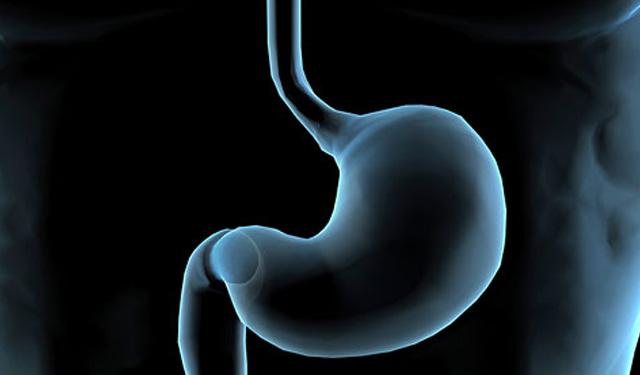
It was as if a well-designed stage installation had malfunctioned, and the props originally fixed on the stage began to loosen and slide down, losing their original balance and stability. Of course, this is not because the actors are moving too strenuously on the stage, but due to the problem of the stage setup itself. When we live a life of prolonged fatigue and overuse of the brain, it is like a marathon runner running on the track, all the organs of the body are working hard for the "race", and the stomach is also one of them. Long-term high-intensity operation is like not giving the stomach enough rest time, it may feel exhausted and gradually sagging.
Imagine again, gastrointestinal hyperperistalsis is like a stomach "band" playing a high-pitched tune, the strings of the instruments are taut, without the proper elasticity. In the long run, the stomach muscles may become loose and unable to maintain their original position, leading to gastroptosis. A decrease in the position of the diaphragm is like an actor on the stage, who is supposed to stand on a high stage, but for some reason, the height of the stage is lowered, and the actor can only stand on a lower position. Similarly, when the position of the diaphragm is lowered, the stomach is also affected and prolapse may occur. As for diet, eating little or overeating for a long period is like giving the stomach irregular "meals". Sometimes it is hungry, and sometimes it is full like a balloon, so erratic, of course, the stomach will feel uncomfortable, and the risk of prolapse will increase. However, these factors are accumulated over a long period, they are like a silent hourglass, changing the state of the stomach bit by bit. Mild exercise after meals is like a relaxing "massage" for the stomach to help it digest food better, which is not directly related to gastric prolapse.
So we don't have to worry anymore that "walking a hundred steps after a meal" will lead to gastroptosis. On the contrary, moderate exercise may be exactly what the stomach needs, and proper exercise after meals can keep the stomach healthy and even prevent the risk of prolapse.
